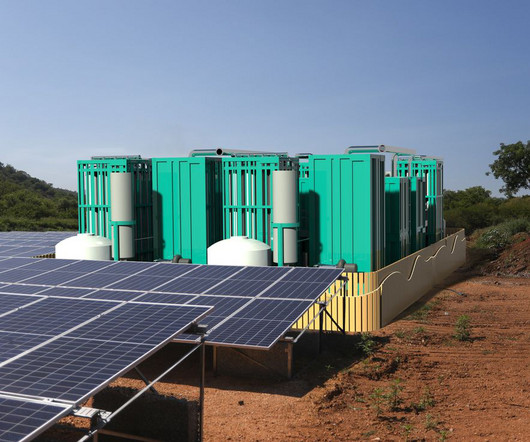Researchers propose new aluminum–sulfur battery with molten-salt electrolyte; low-cost, rechargeable, fire-resistant, recyclable
Green Car Congress
AUGUST 25, 2022
An international team of researchers led by Quanguan Pang at Peking University and Donald Sadoway at MIT reports a bidirectional, rapidly charging aluminum–chalcogen battery operating with a molten-salt electrolyte composed of NaCl–KCl–AlCl 3. —Pang et al.


















Let's personalize your content